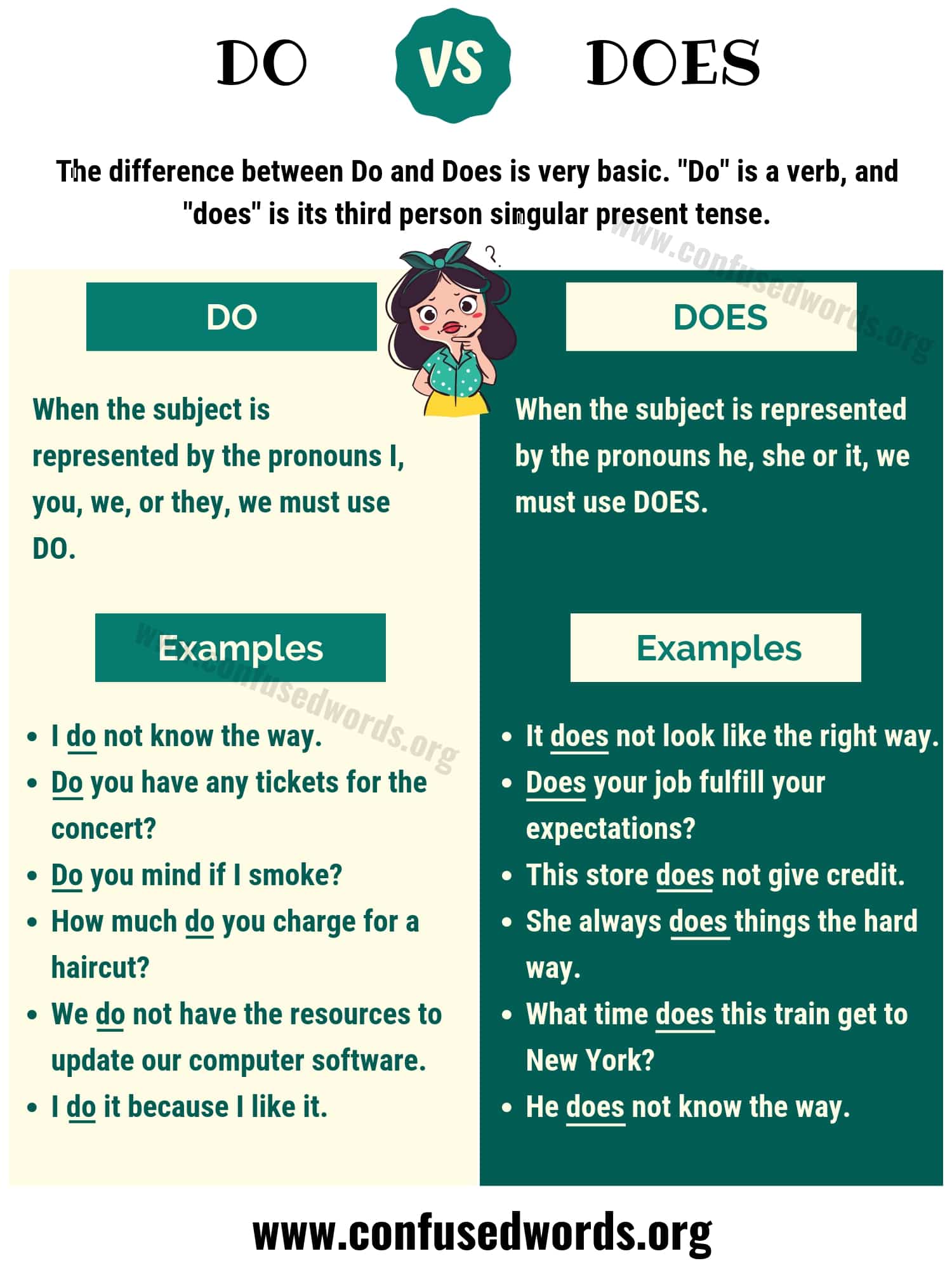Top Careers for Outdoor Recreation Enthusiasts: Find Your Path to a Fulfilling Outdoor Job
Introduction: Turning a Love for Outdoor Recreation Into a Rewarding Career
If you find yourself energized by nature, passionate about physical activity, and happiest outside, you can transform your interests into a fulfilling career. The outdoor recreation sector offers diverse opportunities, from conservation and education to adventure guiding and environmental science. This guide will help you understand what roles fit your interests, how to access these opportunities, and the steps to build a sustainable outdoor career.
Why Choose a Career in Outdoor Recreation?
Outdoor recreation careers offer more than just a paycheck-they provide daily access to fresh air, physical activity, and the chance to make a positive impact on people and the environment. Many positions allow you to:
- Promote physical and mental well-being for individuals and communities
- Support conservation and stewardship of natural resources
- Educate the public about nature, sustainability, and adventure safety
- Build practical skills in leadership, problem-solving, and communication
Whether you prefer hands-on fieldwork, teaching, or leading adventure activities, there’s a path for you.
Popular Outdoor Recreation Career Paths
The outdoor sector is broad. Here are several career options commonly pursued by outdoor enthusiasts, along with their core responsibilities and real-world examples:
Park Ranger
Park rangers protect and manage national, state, or local parks. Their duties may include enforcing park regulations, providing visitor services, leading educational programs, and monitoring wildlife. Rangers often work for government agencies and split their time between outdoor patrols and indoor administrative tasks. You can learn more about being a park ranger by visiting the National Park Service’s official website or searching for ‘state park jobs’ in your region. According to Indeed , the average salary for a park ranger is $48,419 per year [2] .
Outdoor Adventure Guide
Adventure guides lead activities such as hiking, rafting, climbing, kayaking, or fishing. They teach safety protocols, interpret natural features, and ensure a memorable, safe experience for clients. For example, a river guide might take guests on multi-day rafting excursions, while a fly-fishing guide introduces participants to the sport in scenic waterways. Many guides work seasonally or freelance, and specialized certifications may be required depending on the activity [1] .
Naturalist
Naturalists educate the public about ecosystems, wildlife, and conservation through tours, presentations, and interpretive programs. They may work in parks, nature centers, or environmental organizations, conducting research and engaging with visitors. A naturalist’s work is ideal for those with scientific curiosity, strong communication skills, and a love of teaching [2] .

Source: imdb.com
Outdoor Program Coordinator
Program coordinators plan, organize, and oversee outdoor events or educational programs. This role can be found at camps, schools, community centers, or adventure travel companies. Responsibilities include scheduling, logistics, risk management, and staff training. This is a great option for those who thrive on leadership and enjoy facilitating group activities [1] .

Source: youtube.com
Wildlife Biologist or Conservation Scientist
If you’re interested in science and the environment, consider a career in wildlife biology or conservation. These professionals research animal populations, habitats, and ecosystem health, often conducting fieldwork in remote locations. They may work for government agencies, research institutions, or non-profit organizations. A degree in biology, ecology, or environmental science is typically required [3] .
Other Notable Roles
There are numerous other careers that allow you to work outdoors, including:
- Outdoor Recreation Therapist
- Wilderness Firefighter
- Landscape Gardener
- Archaeologist (field-based research)
- Outdoor Gear Designer
- Fishing or Hunting Guide
- Ski Instructor or Lift Operator
- Trail Crew Member
- Forest Recreation Specialist
Each of these roles involves a unique blend of physical activity, problem-solving, and interaction with nature.
How to Access Outdoor Recreation Careers
Breaking into the outdoor field requires a mix of research, networking, and practical experience. Here are actionable steps to help you get started:
1. Assess Your Interests and Skills
Identify what aspects of outdoor recreation excite you most. Are you drawn to education, adventure sports, science, or conservation? Consider your physical abilities, communication skills, and any certifications or education you already possess. This self-assessment will help narrow your focus toward suitable roles.
2. Gain Relevant Experience
Practical experience is essential. You can volunteer with park services, lead community hikes, assist at outdoor camps, or work seasonal jobs. These experiences build your resume, expand your network, and develop the skills employers value. Many organizations, such as the USAJOBS portal (for federal jobs), list entry-level seasonal and full-time outdoor roles.
3. Pursue Education and Certifications
Some roles require specialized education or certifications. For example, wilderness first aid, lifeguarding, or guiding credentials may be necessary for certain adventure jobs. Degrees in environmental science, biology, or recreation management are valuable for scientific or leadership positions. You can explore certification options through professional organizations relevant to your target field.
4. Use Job Boards and Professional Networks
Several reputable job boards specialize in outdoor industry positions. For example, OutdoorIndustryJobs.com is a dedicated resource for positions in adventure sports, guiding, conservation, retail, and more [5] . You can also use major job sites like Indeed and search for ‘outdoor recreation jobs’ or specific job titles to find current openings [4] .
5. Prepare a Targeted Application
When applying, tailor your resume and cover letter to highlight relevant experience, certifications, and passion for the outdoors. Use examples from your volunteer work, recreation activities, or any leadership roles. Highlight your ability to work independently, adapt to changing conditions, and prioritize safety.
6. Explore Alternative Pathways
If you’re not ready for a full-time commitment, consider seasonal positions, internships, or freelance work as you build your skills and network. Many outdoor professionals begin with temporary or part-time roles and transition to permanent positions as they gain experience.
Potential Challenges and Solutions
Outdoor careers can be physically demanding, weather-dependent, and sometimes seasonal. Income may fluctuate, and permanent positions can be competitive. To overcome these challenges:
- Develop a broad skillset-combine guiding with education, or science with outreach
- Network with industry professionals through events, workshops, or associations
- Stay up-to-date with certifications and safety training
- Be flexible and open to relocation or seasonal work as you build your career
Persistence and adaptability are key-many outdoor professionals find their niche through a combination of experience, networking, and ongoing learning.
Case Study: Building a Career as a Park Ranger
Consider Jamie, who started as a volunteer at a local park, leading educational hikes and assisting with trail maintenance. Jamie pursued a degree in environmental science and obtained a basic first aid certification. After landing a seasonal job with a state park, Jamie gained valuable field experience and networked with rangers from other parks. Eventually, Jamie secured a full-time ranger position and now leads community programs, patrols trails, and mentors new staff. Jamie’s journey illustrates the importance of incremental growth, networking, and continual education in the outdoor sector.
Resources for Further Exploration
To dive deeper, you can:
- Visit the National Park Service website and search for ‘jobs’ to find ranger and seasonal opportunities
- Search for ‘state park jobs’ or ‘conservation jobs’ in your local area
- Explore OutdoorIndustryJobs.com for industry-specific listings [5]
- Look up relevant professional organizations for certifications and networking
- Contact your local parks and recreation department to ask about volunteer and entry-level positions
When researching, always use official agency websites or established job boards to confirm opportunities and avoid unverified listings.
Conclusion: Your Next Steps
If you value outdoor recreation, the path to a satisfying career is open to you. Take time to reflect on your interests, pursue hands-on experience, and tap into the vibrant network of outdoor professionals. By leveraging your passion for the outdoors, you can build a career that is both rewarding and impactful-for yourself and the world around you.
References
- Survival Med (2025). How to Find An Outdoor Job: The Ultimate Guide.
- Indeed (2025). 16 Recreation Careers (Plus Duties and Salary).
- TYO (2018). 12 Dream Outdoor Recreation and Conservation Careers.
- Indeed (2018). Outdoor Recreation Jobs, Employment.
- OutdoorIndustryJobs.com (2025). Outdoor Industry Jobs.
MORE FROM 9scholarships.de













